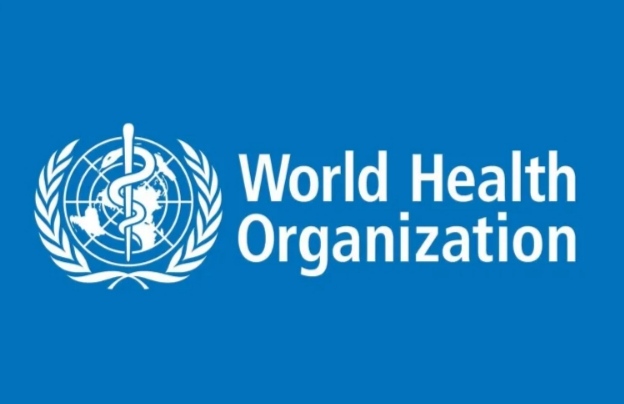Manila- World Health Organisation officials in the Western Pacific say border closures adopted by some countries may buy time to deal with the omicron coronavirus variant, but measures put in place and experience gained in dealing with the delta variant should remain the foundation for fighting the pandemic.
While a few regional countries are facing surges, COVID-19 cases and deaths in many others have decreased and plateaued, WHO Regional Director for the Western Pacific Dr. Takeshi Kasai told reporters Friday in a virtual news conference broadcast from Manila, Philippines.
Border control can delay the virus coming in and buy time. But every country and every community must prepare for new surges in cases,” Kasai said. The positive news in all of this is that none of the information we have currently about omicron suggests we need to change the directions of our response.”
Much remains unknown about the new variant, including whether it is more contagious, as some health authorities suspect, or if it makes people more seriously ill, and whether it can thwart the vaccine.
Kasai said omicron has been designated a variant of concern because of the number of mutations and because early information suggests it may be more transmissible than other variants of the virus. More testing and observation is necessary, he said.
Thus far, four countries and regions in the Western Pacific Australia, Hong Kong, Japan and South Korea have reported cases of the omicron variant, said WHO Regional Emergency Director Dr. Babatunde Olowokure. That number is likely to go up as more cases are discovered globally, Olowokure said.
India, Singapore and Malaysia have also reported their first cases in the last 24 hours.
In terms of what countries should be doing now, our experiences over the last few years, especially in responding to delta, provides a guide of what we need to do, as well as how to cope with future surges in a more sustainable way,” he said.
Those include full vaccination coverage, social distancing, mask wearing and other measures. Those can then be calibrated in response to the local context, Olowokure said.
The goal is to ensure we are treating the right patients in the right place at the right time, and so therefore ensuring that ICU beds are available, particularly for those who need them,” he said.
Despite the positive trends in handling the pandemic in the Western Pacific region, largely through high vaccination rates, we cannot be complacent,” Kasai said.
Globally, cases have been increasing for seven consecutive weeks and the number of deaths has started to rise again too, driven largely by the delta variant and decreased use of protective measures in other parts of the world, he said.
We should not be surprised to see more surges in the future. As long as transmission continues, the virus can continue to mutate as the emergence of omicron demonstrates, reminding us of the need to stay vigilant,” Kasai said.
He warned especially about the likelihood of surges due to more gatherings and movement of people during the holiday season. The northern winter season will likely bring other infectious respiratory diseases such as influenza alongside COVID-19, Kasai said.
It is clear that this pandemic is far from over and I know that people are worried about omicron,” he said. But my message today is that we can adapt the way we manage this virus to better cope with the future surges and reduce their health, social and economic impacts.”
The WHO Western Pacific Region includes 37 countries and areas from Palau to Mongolia. (AP)




